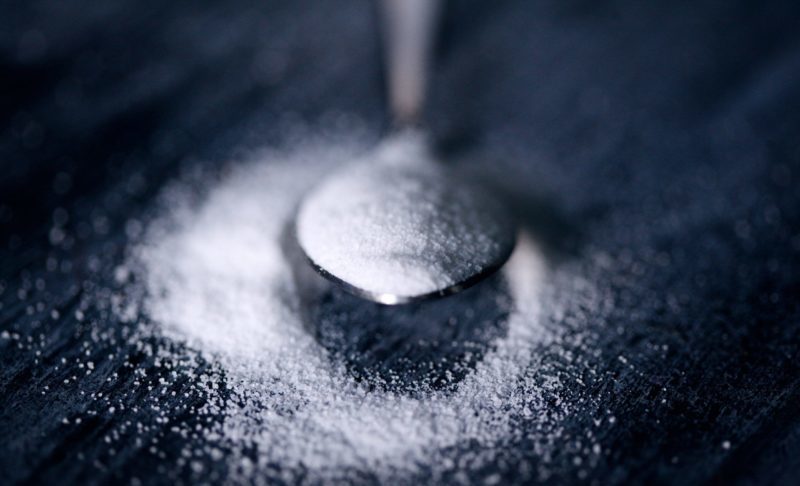Sucralose can cause insulin resistance
Although the scientific findings on the possible effects of zero-calorie sweeteners are conflicting, in recent years the hypothesis has emerged that those who use sweeteners may have greater health problems and overweight.
Today, a new study identifies sucralose, a zero-calorie sweetener used in many drinks and light products alone or in addition to others, as an agent that would cause insulin resistance when combined with a meal that contains carbohydrates.
SUCRALOSE CAN CAUSE INSULIN RESISTANCE
A study just published in the journal Cell Metabolism has in fact evaluated the impact on the metabolism of a series of sweeteners.

And so he discovered that the intake of sucralose, harmless in itself if it is not associated with any food, becomes problematic if the same sweetener is taken together with a food that contains carbohydrates, especially simple ones. So the sugars.
The reason is that sucralose reduces insulin sensitivity and hence impairs the absorption of glucose.
This in simple terms would mean that:
- the body does not perceive either the sense of satiety or the taste of foods that contain carbohydrates, especially if they are sweet, so we tend to eat more or want more.
- Second, those carbohydrates would not be managed effectively at the insulin level.
MECHANISM OF ACTION OF THE SUCRALOSE
This impairment of the insulin response would have effects at the level of the brain-gut axis.
That is, the problem would be upstream, that is, both at the level of cellular receptors and areas of the brain sensitive to the action of dopamine, and at the level of the production of incretins , peptides that control blood sugar together with insulin.
The researchers noted that these changes happen early on.
And now they ask: Are people who routinely use many sucralose products at risk of developing type 2 diabetes and being overweight?
The answer could be yes if they consume these products together with a meal that contains glucose, therefore in general together with carbohydrates.
And especially if these carbohydrates have a sweet taste.
Because essentially they would eat more of them and manage them worse in terms of energy.
The authors, who conducted the study on a sample of about fifty boys, cite another study of mice fed sucralose-sweetened yogurt, which showed signs of insulin resistance.
Considering that yogurt naturally contains milk sugars, it was the sucralose-galactose-glucose combination that created the risk of metabolic syndrome.
Here we don’t talk a lot or just about light drinks, but about all those products that contain both carbohydrates and sucralose. Sugar-free cookies, sugar-free creams, etc.
Therefore, the hypothesis is put forward that the previous studies that had found a link between the use of sweeteners and an increased feeling of hunger were correct.
While those who denied this hypothesis probably never considered sucralose alone in combination with carbohydrates: as in this study .
Read more about the sweetener problem.
Sweeteners and metabolic syndrome, the study on men.
Light drinks, intestines and enzymes.
























+ There are no comments
Add yours